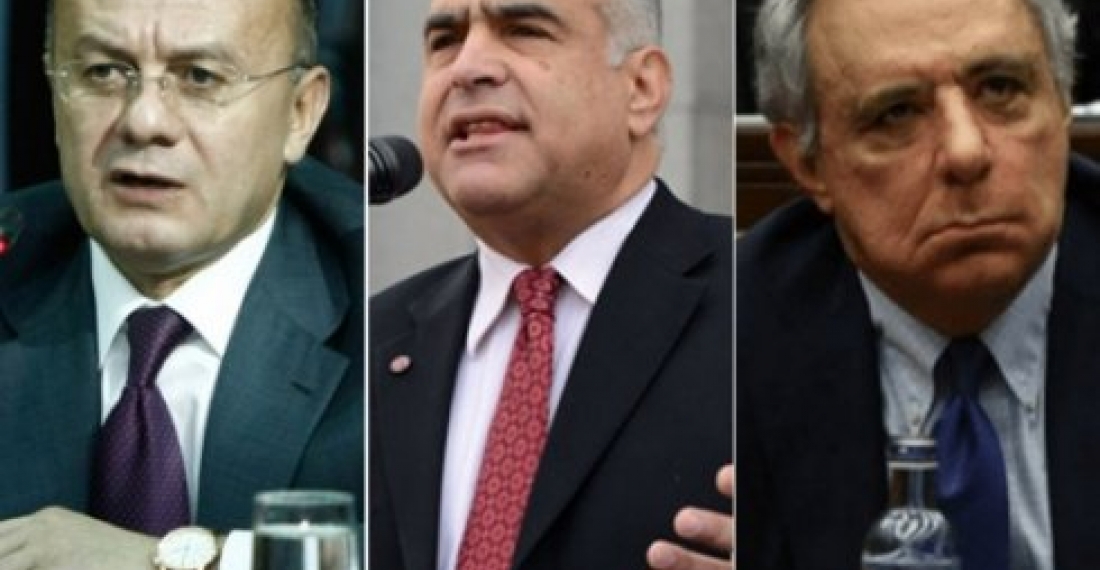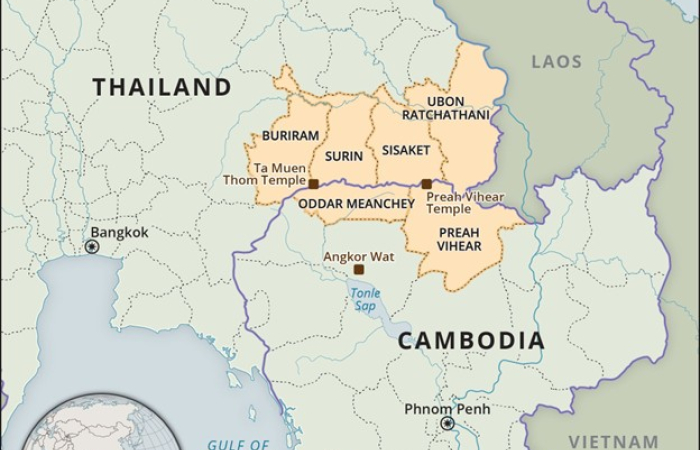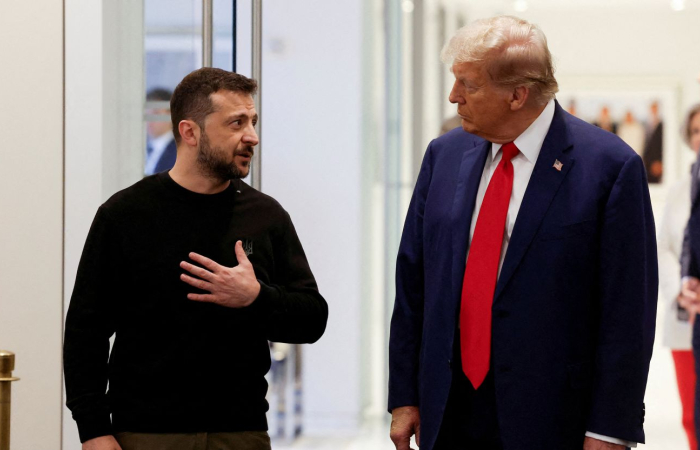Leaders of the Armenian political bloc 'Ohanyan-Raffi-Oskanian' (ORO), Seyran Ohanyan, Raffi Hovannisian and Vartan Oskanian, on Wednesday night (22 March) issued a joint, toughly worded statement on the detention of earlier in the day of former Karabakh defense minister Samvel Babayan.
In their statement the three prominent leaders of the opposition bloc accused the Armenian authorities of provocations ahead of the forthcoming 2 April parliamentary elections. "We assess this conduct by the authorities as a step aimed at creating a climate of fear in our country and influencing the results of the elections through illegal means. 'Ohanyan-Raffi-Oskanian' bloc continues its regular work. We won't succumb to provocations. Our institutions, deputy candidates and supporters continue their work with triplicated enthusiasm", the statement said.
The opposition leaders called on the international community, observation missions and diplomatic representations to keep the case related to Samvel Babayan in the center of their attention.
The statement followed reports that former defence Minister of Nagorno-Karabakh, Samvel Babayan, had been arrested with two other people for conspiring to import components of a hand held missile into Armenia. Babayan, a charismatic but controversial figure in Armenian and Karabakh politics returned back to the region after several years of self-imposed exile in Russia in June of 2016.
Related content:
Karabakh former Defence Minister Samvel Babayan arrested
The return of Samuel Babayan to Nagorno-Karabakh
source: commonspace.eu with agencies
photo: Samvel Babayan (archive picture)






